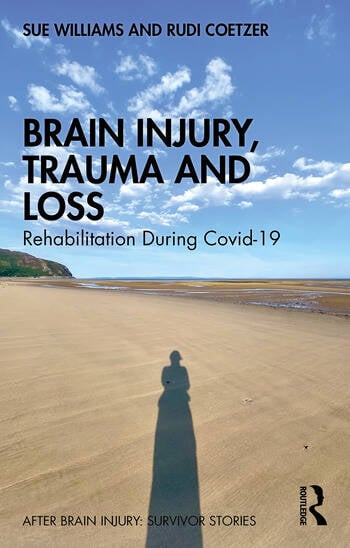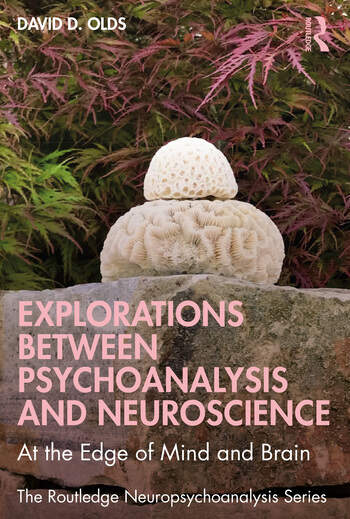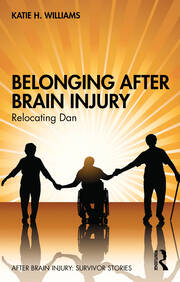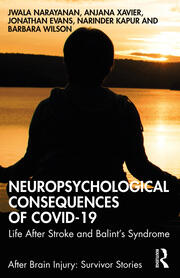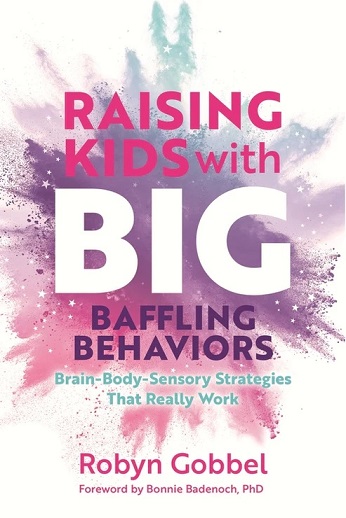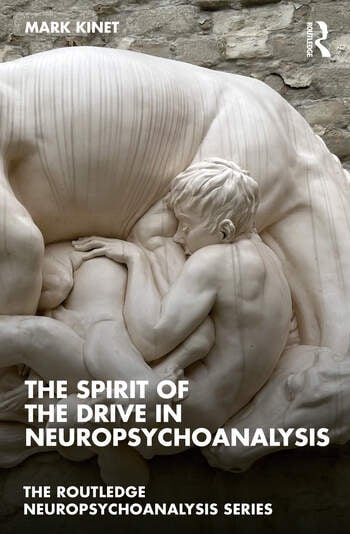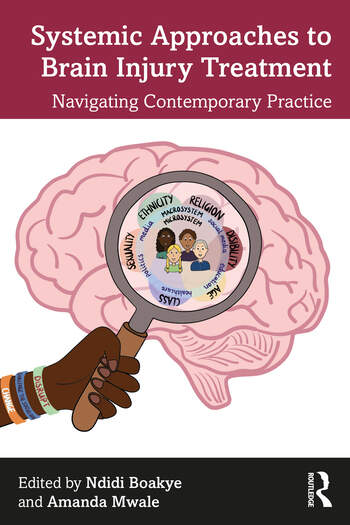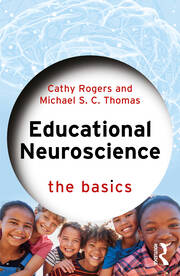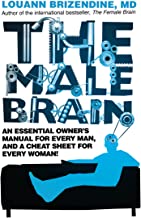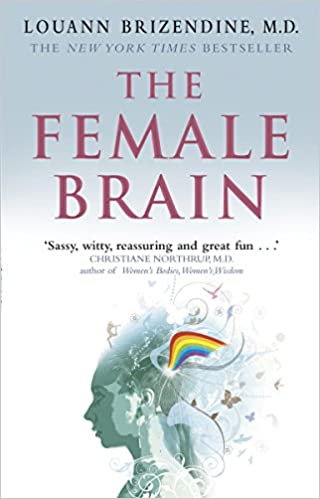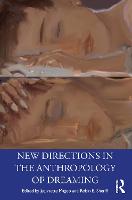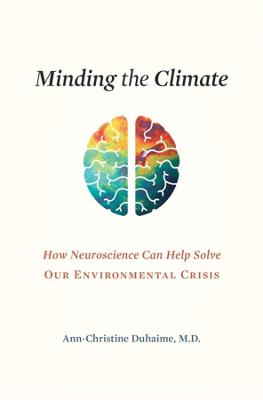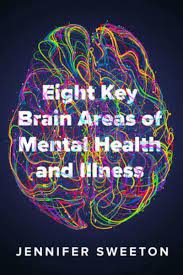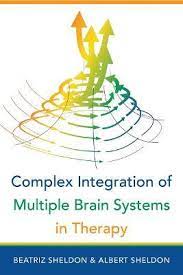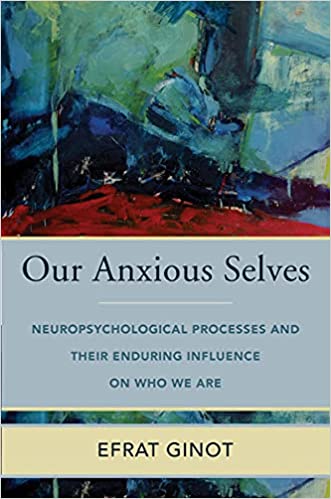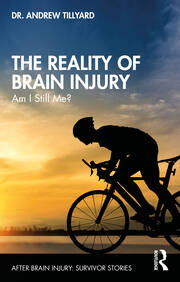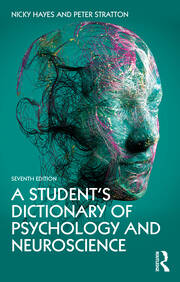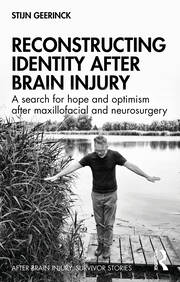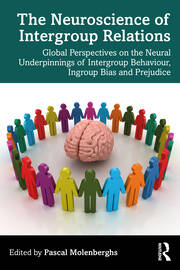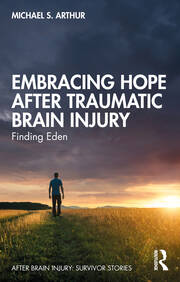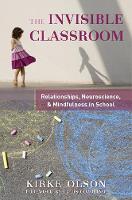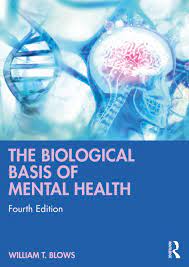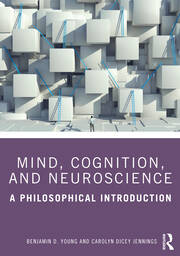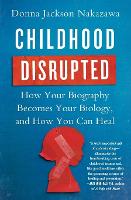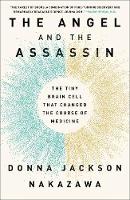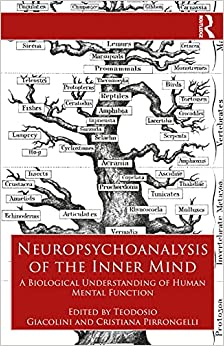Neuroscience Books
Clinical Studies in Neuro-psychoanalysis: Introduction to a Depth Neuropsychology: Second Edition
When the first edition of Clinical studies in Neuro-Psychoanalysis was published in 2000, it was hailed as a turning point in psychoanalytic research. It is now relied on as a model for the... (more)
Psychodynamics and Cognition
Outlines ways that methods and ideas from cognitive and information science can be used to reformulate psychoanalytic concepts and to test them outside the psychoanalytic situation. Based on a 1984... (more)
A Moment of Transition: Two Neuroscientific Articles by Sigmund Freud
Translations of two neuroscientific articles by Freud are presented here for the first time in English. Alongside these, the editors offer convincing arguments for their importance to both... (more)
Brain Injury, Trauma and Loss: Rehabilitation During Covid-19
Using a combination of lived experience, clinical insight, and academic research, this book explores the impact of Covid-19 on brain injury rehabilitation to both assist with current treatment and... (more)
Explorations Between Psychoanalysis and Neuroscience: At the Edge of Mind and Brain
Explorations Between Psychoanalysis and Neuroscience brings together the life's work of David Olds, pioneering psychoanalyst, psychiatrist, philosopher, and key figure in... (more)
Belonging After Brain Injury: Relocating Dan
Belonging After Brain Injury: Relocating Dan explores the life of the author’s brother who has dealt with the effects of a severe traumatic brain injury (TBI) for over four decades. It recounts the... (more)
Neuropsychological Consequences of COVID-19: Life After Stroke and Balint's Syndrome
Neuropsychological Consequences of COVID-19 focuses on Anjana’s journey as a COVID survivor following a brain injury that left her with a very rare neuropsychological syndrome called Balint’s... (more)
Raising Kids with Big, Baffling Behaviors: Brain-Body-Sensory Strategies That Really Work
All behavior makes sense 'It most certainly does not!, is probably your first reaction. Parenting and neuroscience expert Robyn Gobbel is here to reveal how all behavior, no matter how baffling, can... (more)
The Spirit of the Drive in Neuropsychoanalysis
The Spirit of the Drive in Neuropsychoanalysis gives a concise introduction to the basics of neuropsychoanalysis, both theoretically and clinically.
Kinet uses a colloquial approach to discuss... (more)
The Science and Art of Dreaming
The Science and Art of Dreaming is an innovative text that reviews the neuroscience and psychology of how dreams are produced, how they are recalled and their relationship to waking life events and... (more)
Systemic Approaches to Brain Injury Treatment: Navigating Contemporary Practice
This book is an exploration of key systemic and socio-political considerations when working with people whose lives have been impacted by neurological injury and those who care for them.
Expert... (more)
Educational Neuroscience: The Basics
Educational Neuroscience: The Basics is an engaging introduction to this emerging, interdisciplinary field. It explains how the brain works and its priorities for learning, and shows how educational... (more)
The Male Brain
From the author of the groundbreaking, international bestseller The Female Brain comes this eagerly awaited follow-up.
Did you know that the male brain…
*is a lean, mean problem-solving... (more)
The Female Brain
In this groundbreaking book, Dr Louann Brizendine describes the uniquely flexible structure of the female brain and its constant, dynamic state of change - the key difference that separates it from... (more)
New Directions in the Anthropology of Dreaming
This book presents new directions in contemporary anthropological dream research, surveying recent theorizations of dreaming that are developing both in and outside of anthropology. It incorporates... (more)
Minding the Climate: How Neuroscience Can Help Solve Our Environmental Crisis
A neurosurgeon explores how our tendency to prioritize short-term consumer pleasures spurs climate change, but also how the brain's amazing capacity for flexibility can-and likely will-enable us to... (more)
Eight Key Brain Areas of Mental Health and Illness
Bridging the gap between neuroscience and clinical therapy.
Recent advances in affective neuroscience reveal long-held secrets of mental health and illness in the brain. However, the gap between... (more)
Complex Integration of Multiple Brain Systems in Therapy
Enabling patients’ minds to change the structure of their brains.
Integrating groundbreaking research on neuroplasticity, brain development and therapeutic change, this book details a novel... (more)
Our Anxious Selves: Neuropsychological Processes and their Enduring Influence on Who We Are
Discussing the outsized role that fear, anxiety and other distressing emotions play in forming fundamental aspects of who we are.
Adverse experiences inevitably happen during development and... (more)
The Reality of Brain Injury: Am I Still Me?
A respected medical professional, family man, and keen athlete, Andrew Tillyard had a full and active life until a vehicle crash changed it all. He sustained a serious head injury and was airlifted... (more)
A Student's Dictionary of Psychology and Neuroscience: Seventh Edition
An essential reference work for any student studying psychology for the first time, A Student's Dictionary of Psychology and Neuroscience: Seventh Edition provides over 2,500 definitions of complex... (more)
Reconstructing Identity After Brain Injury: A search for hope and optimism after maxillofacial and neurosurgery
Reconstructing Identity After Brain Injury tells the remarkable story of Stijn Geerinck and his journey from road traffic accident to recovery. After he was hit by a drunk driver whilst cycling,... (more)
The Neuroscience of Intergroup Relations: Global Perspectives on the Neural Underpinnings of Intergroup Behaviour, Ingroup Bias and Prejudice
This path-breaking book is the first collection to provide a scientific global overview on the social neuroscience of intergroup relations, and the neural mechanisms that drive processes such as... (more)
Embracing Hope After Traumatic Brain Injury: Finding Eden
This important book provides a firsthand account of a university professor who experienced traumatic brain injury. It tells the story of Michael Arthur, who had recently accepted a position as vice... (more)
The Invisible Classroom: Relationships, Neuroscience & Mindfulness in School
How is expanding students' strengths more effective than improving their weaknesses? Why is creating a school where staff and students feel safe necessary for learning? How can anchoring with simple... (more)
The Biological Basis of Mental Health
This book explores the underlying biology and neuroscience associated with mental health and wellbeing.
This fully revised fourth edition includes new chapters on behavioural science, and... (more)
Mind, Cognition, and Neuroscience: A Philosophical Introduction
This carefully designed, multi-authored textbook covers a broad range of theoretical issues in cognitive science, psychology, and neuroscience. With accessible language, a uniform structure, and many... (more)
Childhood Disrupted: How Your Biography Becomes Your Biology, and How You Can Heal
A "courageous, compassionate, and rigorous every-person's guide" (Christina Bethell, PhD, Johns Hopkins Bloomberg School of Public Health) that shows the link between Adverse Childhood Experiences... (more)
The Angel and the Assassin: The Tiny Brain Cell That Changed the Course of Medicine
A thrilling story of scientific detective work and medical potential that illuminates the newly understood role of microglia, an elusive type of brain cell that is vitally relevant to our everyday... (more)
Neuropsychoanalysis of the Inner Mind: A Biological Understanding of Human Mental Function
This comprehensive and well-curated collection explores how neuroscience can be integrated into psychoanalytic thinking and practice, reexamining the biological science within psychological... (more)





